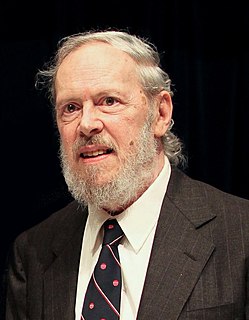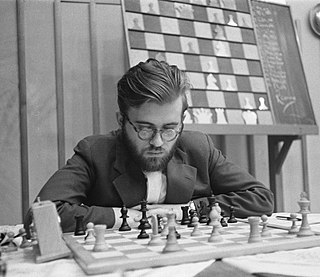A Quote by Jean Sylvain Bailly
The motion of the stars calculated by the Hindus before some 4500 years vary not even a single minute from the tables of Cassine and Meyer (used in the 19-th century). The Indian tables give the same annual variation of the moon as the discovered by Tycho Brahe - a variation unknown to the school of Alexandria and also to the Arabs who followed the calculations of the school ... The Hindu systems of astronomy are by far the oldest and that from which the Egyptians, Greek, Romans and - even the Jews derived from the Hindus their knowledge.
Related Quotes
I think the Greeks first took astrology to India and took from the Hindus the science of astronomy and carried it back with them from Europe. Because in India you will find old altars made according to a certain geometrical plan, and certain things had to be done when the stars were in certain positions, therefore I think the Greeks gave the Hindus astrology, and the Hindus gave them astronomy.
When nobody read, dyslexia wasn't a problem. When most people had to hunt, a minor genetic variation in your ability to focus attention was hardly a problem, and may even have been an advantage. When most people have to make it through high school, the same variation can become a genuinely life-altering disease.
The Sufi saint Mazhar Jaan Jana of 18th century Delhi believed that the Quran condemns bowing before deities because in pre-Islamic idol worship stones were considered god. But Hindus pray to god through that idol, which is a reflection of god. In Vedas god is nirguna and nirankara, that is, he has no attributes and no shape, that is the real belief of Hindus. As Muslims visit graves, so Hindus worship idols.
Evolution is variation and selection. If you can vary alternatives, and select among them, improvement emerges. It works in technology, in apps, and in life itself. What stunned me about seasteading is that it's a technology for variation and selection in governance itself. The reason some two hundred nation-states do a poor job of governing seven billion people is that they don't vary, and people don't select.
I was living as a young single mom. I was 19 when I was divorced, and my daughter was a year old, and I waited tables here three to four nights a week for several years while I was trying to support myself and my daughter and the day I got that acceptance at Harvard Law School was an unforgettable day.
There is no religion in the world where there is a possibility of spiritual development outside of the context of that religion. This is only a modern invention. For example, Christian mystics were also Christians. They also went to Church and followed Christian laws. Hindu mystics were practicing Hindus; they didn't kill cows and have steak. They follow the Hindu laws and so on and so forth down the line and Sufism is no exception.
Since I learned the truth in Mecca, my dearest friends have come to include all kinds - some Christians, Jews, Buddhists, Hindus, agnostics, and even atheists! I have friends who are called capitalists, Socialists, and Communists! Some of my friends are moderates, conservatives, extremists - some are even Uncle Toms! My friends today are black, brown, red, yellow, and white!
People are storytelling creatures. We like stories that go somewhere, and therefore we like trends - because trends are things that either get better or get worse, so we can either rejoice or lament. But we mistakenly depict many things as trends moving in some direction. We take the "full house" of variation in a system and try to represent it as a single number, when in fact what we should be doing is studying the variation as it expands and contracts. If you look at the history of the variation in all its complexity, then you see there's no trend.
Play the open variation of the Ruy is my advice to all ordinary club players, and I recently even wrote a book about it, seen from Black's point of view. Why does everybody try to copy the grandmasters' strange positional maneuvers in the 5. ... B-K2 variation, instead of fighting for the in intiative?


































